The Best Guide to Rheumatoid Arthritis Medications That Will Help You Choose Wisely
Rheumatoid Arthritis Medication Consumer Guide
Reviewed by:
Dr. Diana Rangaves, PharmDLast Reviewed On:
Feb 25, 22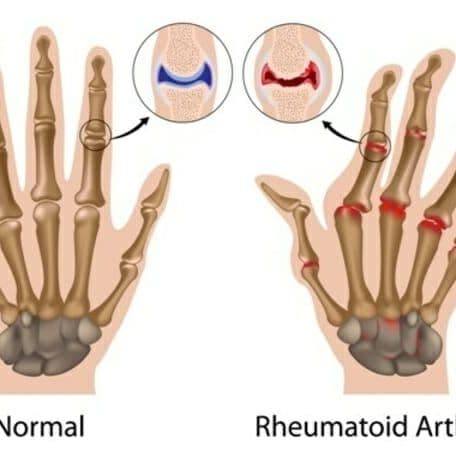
Rheumatoid arthritis, or RA, is a type of inflammatory condition caused by autoimmune disease. According to the Arthritis Foundation, approximately 1.5 million people in the U.S. have RA. Women are three times as likely to get RA as men.
RA causes the patient’s body to attack its own joint tissues, resulting in inflammation, pain, and redness. Medications that are used to treat rheumatoid arthritis seek to reduce or block inflammation in the body. RA medications, can help to prevent or reduce joint deterioration. To get a clearer picture of the treatment alternatives accessible for RA patients, read on.
Here’s a comprehensive list of available Rheumatoid Arthritis Medications along with links to quickly compare RA Medication prices that will help you save up to 90% off U.S. retail prices.
Disease Modifying Anti-Rheumatic Drugs (DMARD Medicines) & Biologic Medications
DMARD medicines reduce inflammation in the body. Research shows that these medicines can decrease joint damage and the progression of rheumatoid arthritis in the body. Patients may experience fewer RA symptoms as a result.
Doctors most commonly prescribe the following DMARD medications to treat rheumatoid arthritis:
- leflunomide Arava
- minocycline Minocin
- ethotrexate Trexall
- sulfasalazine Azulfidine
- hydroxychroloquine Plaquenil
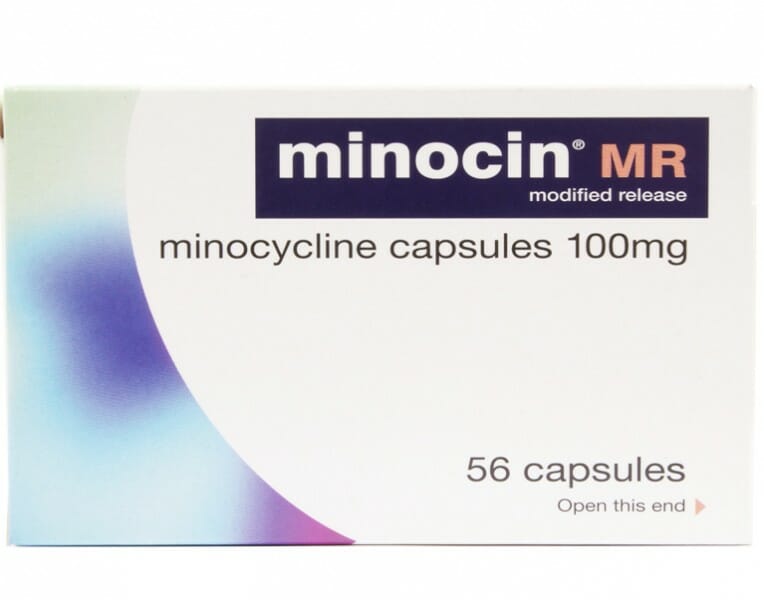
Biologic medicines are delivered by injection. They block inflammatory paths created by immune cells and reduce inflammation resulting from rheumatoid arthritis.
Physicians prescribe these medicines when DMARD medications aren’t sufficient to ease the patient’s RA symptoms. Biologic medicines shouldn’t be used by patients with an existing infection or compromised immune system. That’s because these medications may raise the patient’s infection risk. The most commonly prescribed biologic medicines include:
- etanercept (Enbrel)
- abatacept (Orencia)
- rituximab (Rituxan)
- golimumab Simponi
- tocilizumab (Actemra)
- infliximab (Remicade)
- certolizumab pegol Cimzia
Janus-Associated Kinase Inhibitor Medications
Because DRMARD drugs don’t work for all patients, your physician may alternatively prescribe Janus-associated kinase inhibitor medicines. These medicines affect immune cell activity and genetic expression in the body. They prevent or reduce inflammation and the progression of damage to tissues and joints.
Commonly prescribed Janus-associated kinase inhibitor medicines include:
- tofacitinib Xeljanz or Xeljanz XR)
- Baricitinib: promising research shows this drug may work for patients who’ve unsuccessfully tried DMARD medicines.
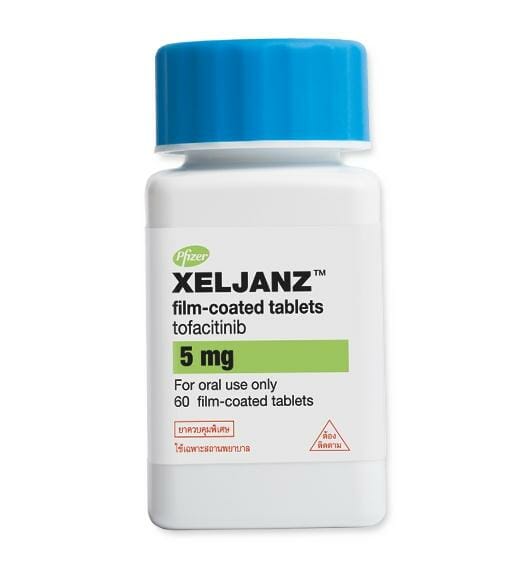
Patients report side effects such as headache, upper respiratory infection (e.g., common cold or sinus infections), nasal congestion, runny nose, sore throat, and diarrhea with these medicines. Report any symptoms you experience to the doctor.
Common Pain Relievers: Acetaminophen
Over-the-counter pain relievers like acetaminophen are commonly recommended for rheumatoid arthritis patients. You don’t need a prescription to purchase the drug in its oral or rectal suppository forms.
Of course, acetaminophen isn’t as effective as many prescription medicines in pain and inflammation management. This medicine is best used by patients with intermittent mild or moderate pain. Researchers say acetaminophen isn’t an effective RA medicine.
Overuse of acetaminophen can cause liver damage, including potentially life-threatening liver failure. Some drugs also contain acetaminophen, so it’s important to read labels and avoid taking too much of this medication.
Common Pain Relievers: NSAID Drugs
Nonsteroidal anti-inflammatory drugs, also known as NSAIDs, are commonly used by PA patients to manage pain. NSAIDs reduce or block inflammation, and that’s the top priority for patients with rheumatoid arthritis.
NSAID drugs are available with and without a prescription. It’s possible to buy lower dose NSAID medicines without a prescription. Your doctor can prescribe a stronger, higher dose NSAID to manage pain. Some frequently reported NSAID side effects include:
- Ulcers
- Kidney damage
- Erosion of stomach and/or intestinal lining
- Irritation of the stomach lining, stomach bleeding
Taking too much of these medicines can cause death. Tell your doctor if you use an over-the-counter NSAID medicine to manage RA symptoms. Long-term NSAID use will prompt the doctor to regularly monitor kidney function. If you have kidney disease, tell your doctor. NSAID use may be contra-indicated in that case. If you’re allergic to common aspirin, don’t take NSAIDs. This could be dangerous to your health.
Popular NSAIDs include brand names:
- Advil
- Nuprin
- Motrin IB
- Ibuprofen
The most popular NSAID drug is ibuprofen, which is available over-the-counter. If you experience a persistent throbbing or dull ache for more than a few days, don't use ibuprofen. To avoid stomach irritation or bleeding, do not take ibuprofen for a long time. Senior persons are more likely to suffer from stomach irritation and bleeding.
The doctor may prescribe Ibuprofen as well. The patient taking prescription ibuprofen can take fewer pills because the prescription dose is higher. Opioid medicines may contain ibuprofen, so it is important to ask questions about these medicines. Ask your doctor or pharmacist about these medicines if prescribed for you, including:
- Combunox, or ibuprofen/oxycodone
- Vicoprofen, or ibuprofen/hydrocodone
Brand name Aleve , or Unaproxen sodium, is another popular over-the-counter NSAID medicine. It may be alternately used to ibuprofen medicines. Naproxen sodium has fewer side effects. Your doctor may prescribe higher dosage naproxen sodium to reduce the number of pills you take per day.
Common aspirin , including popular brand names Bayer, St. Joseph, and Bufferin, are available without a prescription. These NSAID drugs are oral pain relievers used to treat mild inflammation, pain, and fever. The doctor may prescribe lower-dose aspirin to prevent or reduce the likelihood of heart attack and/or stroke.
Nonsteroidal Anti-Inflammatory RA Drugs
Many RA patients experience moderate to severe pain. If over-the-counter NSAID medicines don’t reduce these RA symptoms, the doctor may order a prescription NSAID drug. These drugs are taken by mouth. The most common prescription NSAID medicines include:
- celecoxib Celebrex
- piroxicam Feldene
- Relafen
- nabumetone naproxen sodium Anaprox
- Ibuprofen by doctor’s prescription
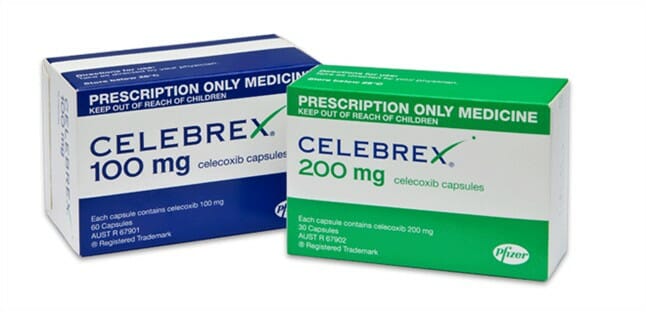
The doctor may also prescribe any of the following NSAID medicines for rheumatoid arthritis:
- diflunisal
- flurbiprofen
- meclofenamate
- etodolac Lodine
- sulindac (Clinoril)
- tolmetin (Tolectin)
- ketorolac Toradol
- oxaprozin Daypro
- meloxicam Mobic
- fenoprofen (Nalfon)
- indomethacin (Indocin)
- mefenamic acid (Ponstel)
- ketoprofen sr ( Actron, Ketoprofen Ec , Orudis, Oruvail CR )
- diclofenac sr ( Cambia, Cataflam , Diclofenac Sodium XR , Voltaren )
- salsalate (Amigesic, Anaflex, Disalcid, Marthritic, Mono-Gesic, Salflex, Salsitab)
Arthrotec Your doctor may also prescribe, or diclofenac/misoprostol , an oral NSAID medicine that combines diclofenac and misoprostol. Because common NSAID medicines can cause stomach lining issues or ulcers, your doctor may suggest Arthrotec can prevent them.
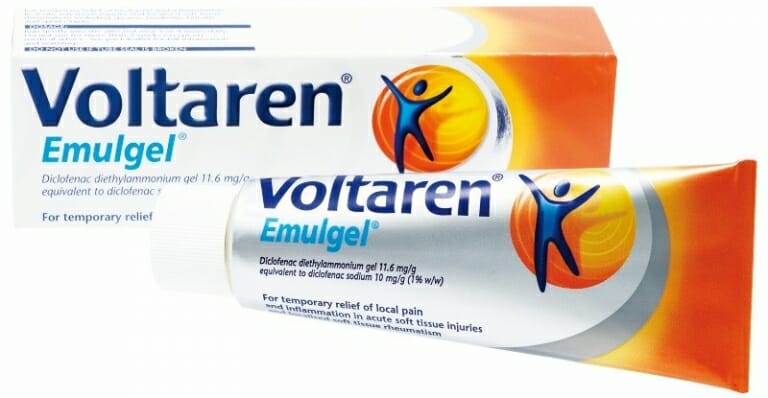
Voltaren Gel 1 percent Brand name , or diclofenac sodium 1.5 percent topical gel, is another topical NSAID. You apply the gel to the skin. It’s an FDA-approved medicine for pain of the hands, knees, or joints. Although the gel is topically applied, it may have similar side effects to those NSAIDs taken by mouth. However, because the gel is applied to skin, the body absorbs approximately four percent. For that reason, the user is less likely to experience common NSAID side effects.
Brand name Pennsaid 2 percent, or diclofenac sodium topical solution, is a slightly stronger topical preparation for knee pain. It’s directly applied to skin on the knee to reduce local pain.
Opioid RA Medications
Opioid drugs are used to manage significant pain. Your doctor must prescribe these drugs in either oral or injectable form. Your doctor will prescribe an opioid drug if you have severe pain from rheumatoid arthritis.
Opioid drugs may be habit-forming. If you’re taking an opioid drug, the doctor will monitor how much of the drug you’re taking. Don’t increase the use of any opioid drug without the doctor’s approval. Opioid addiction is a serious condition and doctors who prescribe these medicines must adhere to federal guidelines to prevent patients’ addiction to them.
Because opioid drugs treat pain and don’t slow or block inflammation associated with rheumatoid arthritis, your doctor is likely to prescribe additional medications as well.
Commonly prescribed RA opioid medications include:
- Codeine
- Fentanyl
- Morphine
- Ultram, or tramadol
- Demerol, or meperidine
- Acetaminophen/codeine
- Vicodin, or hydrocodone
- Oxycontin, or oxycodone
Please Note that eDrugSearch.com does not allow any controlled substances within its database nor allows any pharmacies to be listed in within our database that sells controlled substance medications.
Corticosteroids
Corticosteroids are sometimes called steroid medicines. These medications are delivered by mouth or injection. Researchers report that corticosteroids may reduce inflammation associated with rheumatoid arthritis and potentially decrease pain and tissue or joint damage caused by the inflammatory process.
Your doctor may prescribe corticosteroids for short-term use because there are potentially serious side effects associated with longer-term use, including:
- Osteoporosis
- Stomach ulcer
- Increased blood pressure
- Irritability and/or excitability
- Increased blood sugar/glucose
- Cataracts (clouding of eye lenses)
The most commonly prescribed steroid medicines for RA patients include:
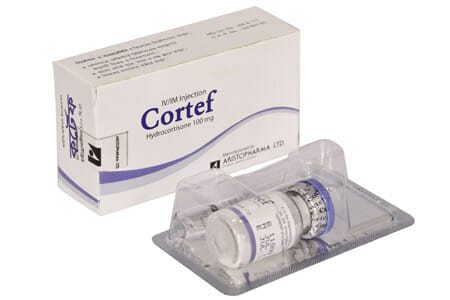
- prednisolone
- betamethasone
- cortisone acetae
- hydrocortisone Cortef
- prednisone (Deltasone, Liquid Pred, Sterapred)
- dexamethasone (Decadron, Dexpak, Hexadrol, Taperpak)
- methylprednisolone acetate
Immunosuppressant Drugs
Immunosuppressant medicines fight damage resulting from autoimmune conditions like rheumatoid arthritis. Unfortunately, these drugs reduce your resistance to infection and/or illness. Your doctor will closely monitor you if an immunosuppressant medicine is ordered. Immunosuppressant drugs are delivered in either oral or injectable form. Commonly prescribed immunosuppressant medicines include:
- cyclophosphamideCytoxan
- azathioprine Imuran
- hydroxychloroquine Plaquenil
- cyclosporine (Gengraf, Sandimmune,or Neoral )
Alternative Anti-Inflammatory Medicines
Omega-3 fatty acids may provide anti-inflammatory benefits. Fish, such as salmon, halibut, sardines, and anchovies are Omega-3 fatty acid sources. Vegetable foods, including ground flaxseed or walnuts, or cold-pressed oil, can also add healthy Omega-3s to the diet. If you don’t like eating these foods, it’s possible to purchase Omega-3 supplements.
Rheumatoid Arthritis Treatments
There are many different RA treatment options available today. Let your doctor know if any medication he or she prescribes helps to reduce pain and inflammation associated with rheumatoid arthritis. Let the doctor know about side effects experienced from any medicine or therapy.
Join Our Free Newsletter
Get a weekly dose of money-saving tips on your medications, drug side effects alerts, drug interaction warnings, free prescription coupons, late-breaking safety information and much, much more!